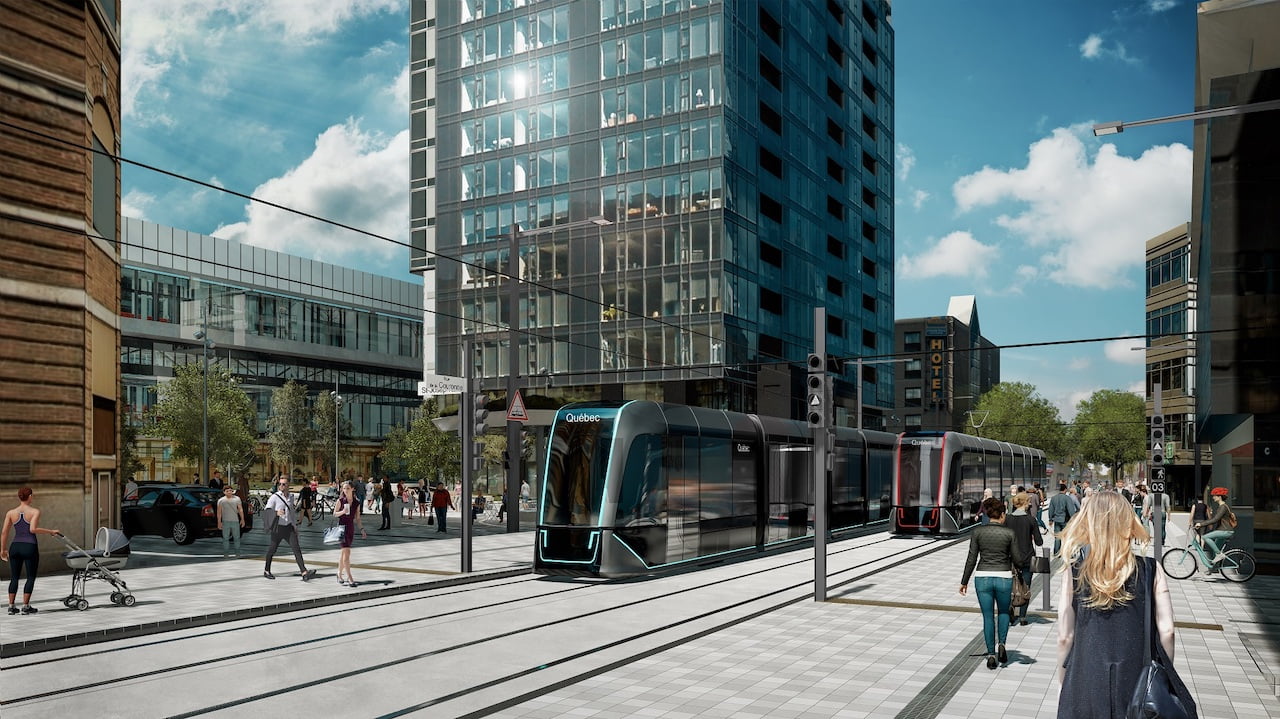Alstom has won a €900m contract to supply 34 Citadis trams for Quebec City’s tramway project and will include the design, supply, and maintenance for 30 years alongside an option for a maximum of five trains, including maintenance.
Michael Keroullé, President of Alstom in the Americas, said: “We are honoured by the trust placed in us by the administration and elected representatives of Quebec City, and are committed to working in partnership with the City to offer a high-quality and reliable product, a solution designed and assembled by our teams in Quebec, serving Quebec.”
The Citadis trams will offer the Canadian city a reliable mobility solution which will be designed and manufactured in Quebec with development taking place by Alstom engineers at its Saint-Bruno-de-Montarville headquarters in Montreal. Manufacture of the trams will take place at Alstom’s La Pocatière plant, which is located in the Bas-Saint-Laurent region.

The development of the trams will include adaptation to both climatic and topographical conditions of the region and will see passengers benefit from comfortable, modern and spacious trains which operate on 100% electricity. Once built, the trams will operate on a 19km line, which is central to the improvement of public transport in Quebec City. Further benefits of the Citadis trams will see a reduction in road congestion, which in turn will support the environment with improved air quality.
Michael Keroullé also added: “We are very proud to have been chosen by the City of Quebec to supply and maintain the trams for this signature mobility project for the Capitale-Nationale region,” said Michael Keroullé, President of Alstom in the Americas. We are honoured by the trust placed in us by the administration and elected representatives of Quebec City, and are committed to working in partnership with the City to offer a high-quality and reliable product, a solution designed and assembled by our teams in Quebec, serving Quebec.”
The Citadis range sees a modern low-floor tram which has been extremely popular with a good number of urban renewal projects across the globe and provides improvements for both passenger experience and driver ergonomics. The impressive trams also provide low energy consumption and optimised life cycle costs, which have led to over 3,000 vehicles sold to 70 cities in 20 countries across the world.






Responses